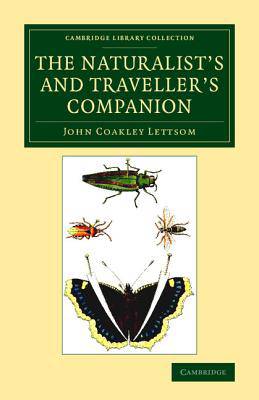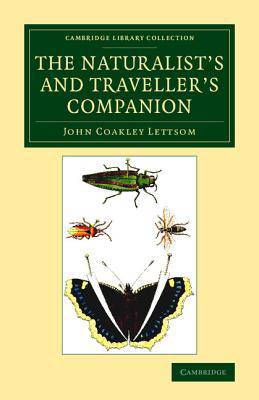
- Afhalen na 1 uur in een winkel met voorraad
- Gratis thuislevering in België vanaf € 30
- Ruim aanbod met 7 miljoen producten
- Afhalen na 1 uur in een winkel met voorraad
- Gratis thuislevering in België vanaf € 30
- Ruim aanbod met 7 miljoen producten
Zoeken
Omschrijving
First published in 1772 and reissued here in its 1799 third edition, this work was intended to provide the traveller with advice on collecting and preserving scientific specimens, and on pursuing intellectual investigations. John Coakley Lettsom (1744-1815) was a physician and philanthropist, and on inheriting his family plantation in 1767, his first action was to free all its slaves. He practised medicine in the West Indies and in London, and wrote on topics which he felt would benefit society. This book is divided into two parts, the first describing methods of forming collections of insects, birds and animals, seeds and plants, and minerals. The second part suggests the sorts of questions and enquiries the traveller should ask about the writings, culture, religion, history and natural history of the lands he is visiting. This offers a fascinating insight into the approach and expectations of the educated traveller in the eighteenth century.
Specificaties
Betrokkenen
- Auteur(s):
- Uitgeverij:
Inhoud
- Aantal bladzijden:
- 246
- Taal:
- Engels
- Reeks:
Eigenschappen
- Productcode (EAN):
- 9781108076760
- Verschijningsdatum:
- 1/01/2015
- Uitvoering:
- Paperback
- Formaat:
- Trade paperback (VS)
- Afmetingen:
- 140 mm x 216 mm
- Gewicht:
- 317 g

Alleen bij Standaard Boekhandel
+ 122 punten op je klantenkaart van Standaard Boekhandel
Beoordelingen
We publiceren alleen reviews die voldoen aan de voorwaarden voor reviews. Bekijk onze voorwaarden voor reviews.








